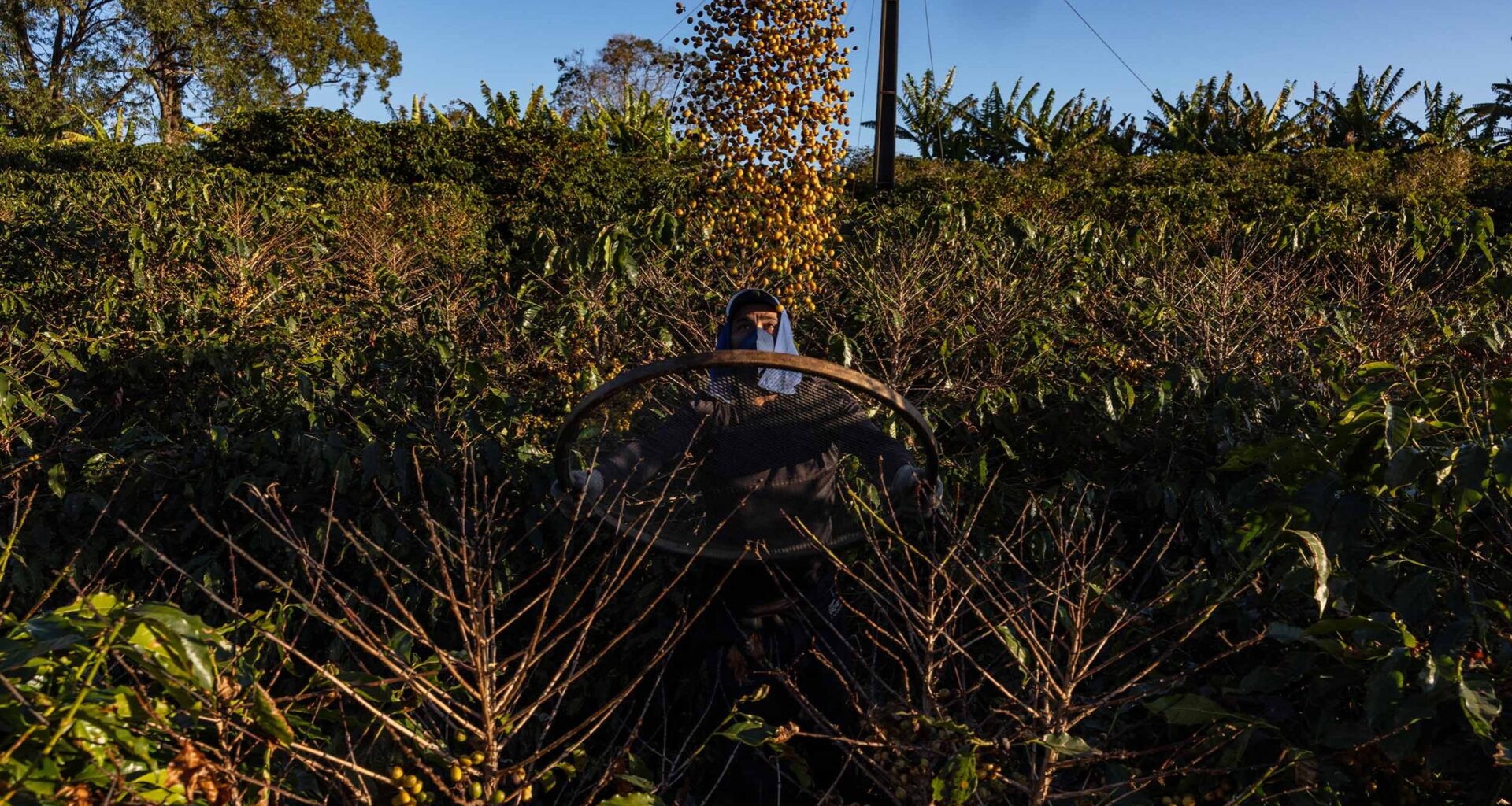Louise Simon is EU policy and due diligence lead at sustainable think-tank Climate & Company
Legal certainty is a foundation for competitiveness
In July 2024, coffee farmers in Minas Gerais, Brazil, prepared the first shipment of beans fully compliant with the EU Deforestation Regulation.
Their success was the result of years of digital traceability work, investments in local capacity building, and new partnerships between co-operatives, local certifiers, exporters and European buyers.
It was not an easy process, but it proved that deforestation-free production is possible when stakeholders along the supply chain work together.
This is not an isolated success story. Similar progress is under way across different regions: from cocoa traceability in Ghana, to beef traceability in Latin America. These examples show that ambitious EU regulation can drive innovation and capacity building, while reducing deforestation effectively.
Undoing progress
Two years after adoption, businesses across Europe and beyond have invested money, time and expertise in preparing for the law. And this is precisely why the debate around the environmental omnibus, and the potential reopening of the EUDR, is so troubling.
Simplification, yes. But at what cost?
Legal certainty is one foundation for competitiveness. Reopening the EUDR would create the opposite: regulatory instability. What may look like a technical “simplification” in Brussels could, in practice, undo years of progress, penalising frontrunners and innovators.
We saw the same happening when changes were proposed last year to create a new “risk category”. The result was a one-year delay without any amendments, as the EU institutions rightly recognised that reopening the law would have been counter-productive and damaging for businesses already preparing for implementation.
Europe does not need less ambition, it needs smarter implementation
This kind of uncertainty undermines the very competitiveness agenda that European Commission president Ursula von der Leyen emphasised yet again in yesterday’s State of the Union address — a speech where the word sustainable was notably absent.
The EUDR creates a level playing field for EU and non-EU companies along the supply chain, an important competitiveness booster the environmental omnibus risks nullifying.
Compliance is possible, if systems are aligned.
If von der Leyen wants to support companies, the commission should focus on harmonising data requirements across EU legislation and support existing initiatives to facilitate implementation in partner countries.
Real simplification should be about policy coherence and practicability, not about scrapping environmental protection.
Producer countries have spent years developing their own traceability and deforestation-free frameworks — such as “Boi na Linha” in Brazil, or the various national certification schemes. These systems continue to improve in scope and technical capacity.
The real gap lies in interoperability: translating locally generated data into a centralised EU format requires consistent methodologies, definitions and reporting standards.
A constructive path forward
Solving these challenges does not require a reopening of the EUDR.
Instead, companies need commodity and country-specific implementation guidelines that acknowledge and integrate existing traceability systems, clarify how local frameworks can be recognised under EU rules and improve the interoperability of data across supply chains and across the bloc’s legislation.
This would give companies the clarity they need without creating legal uncertainty. It would ensure the enormous investments already made are fully leveraged. And most importantly, it would ensure the EU’s sustainability goals remain credible, both at home and towards partner countries.
The choice is clear: Europe does not need less ambition, it needs smarter implementation.
